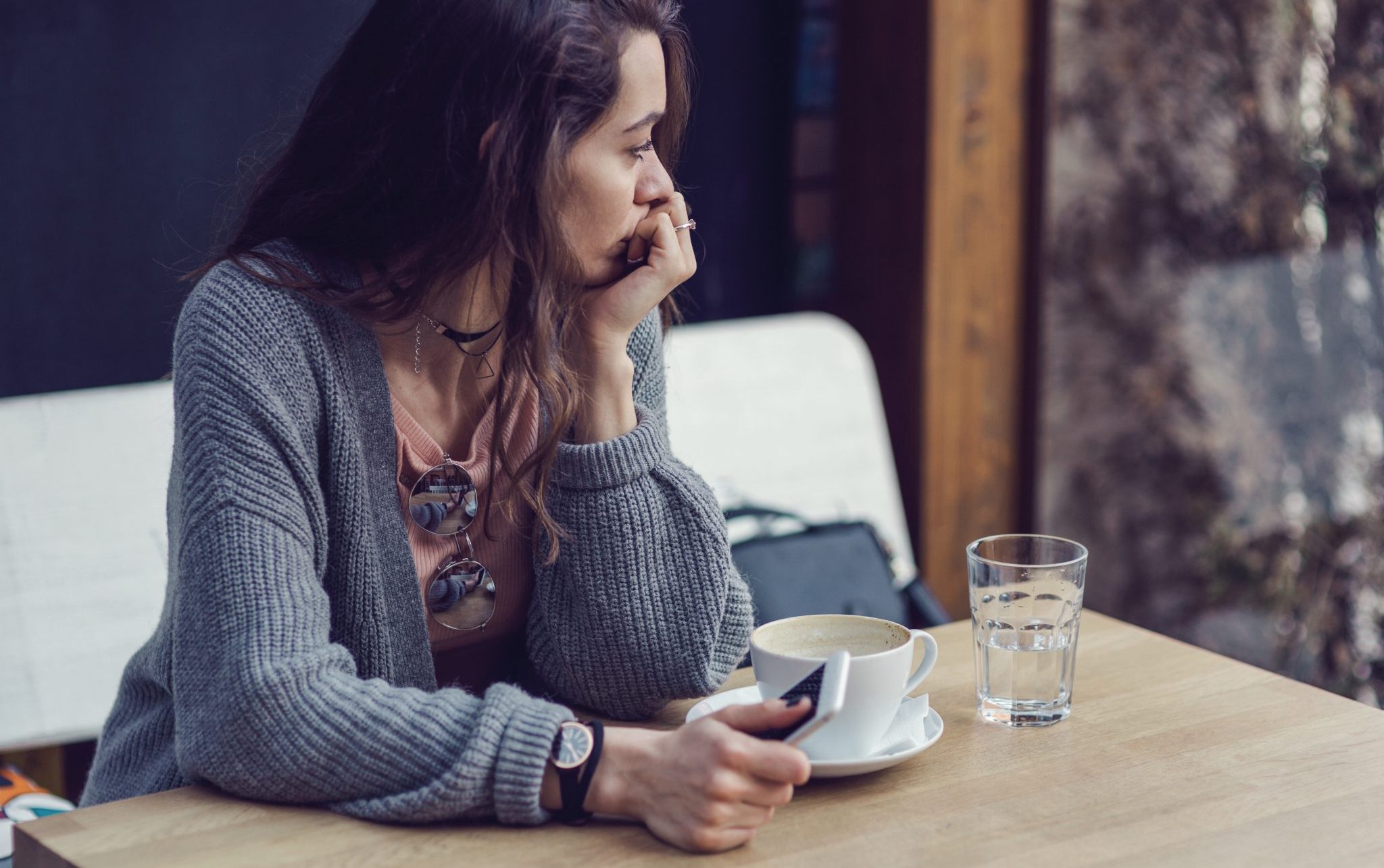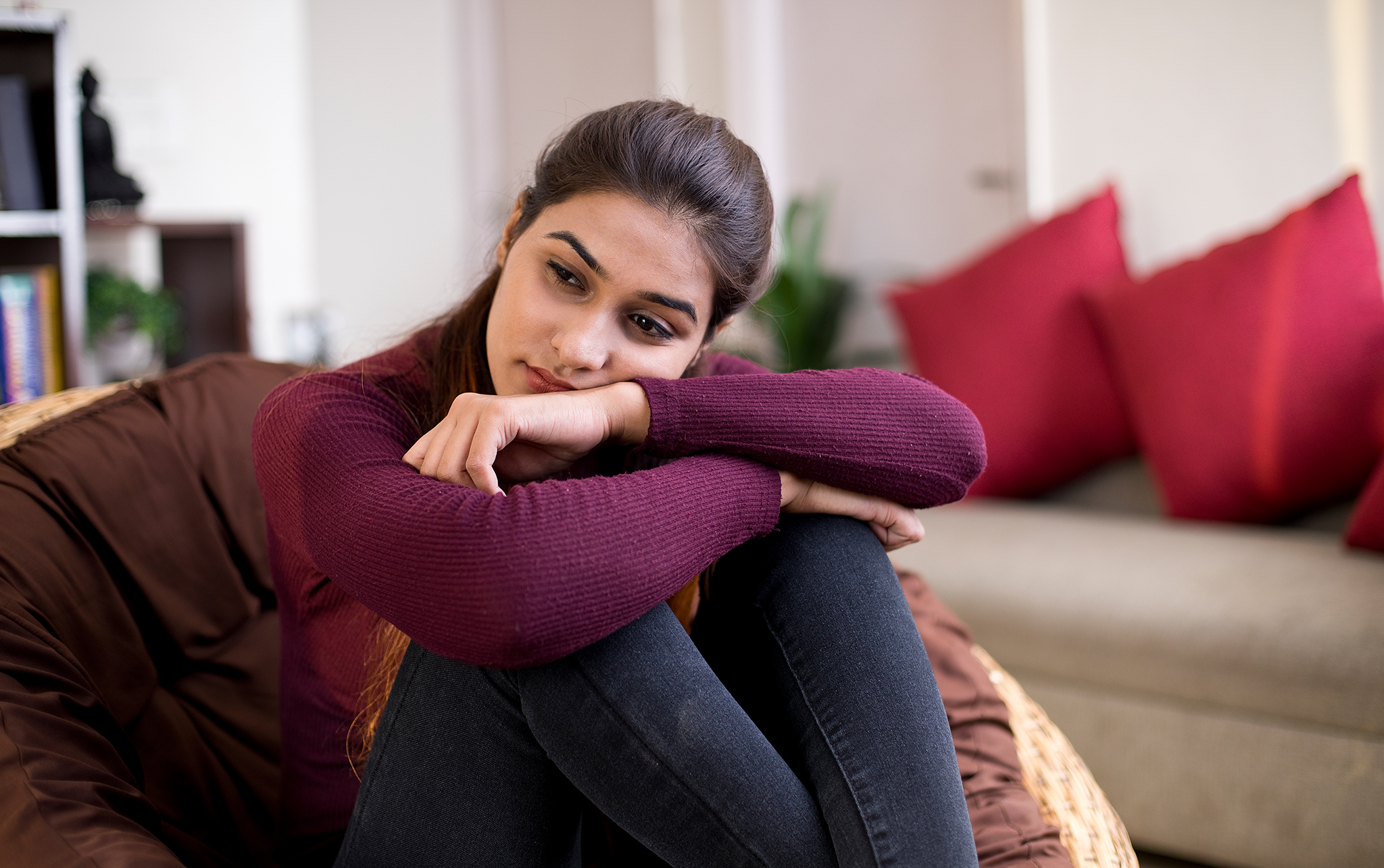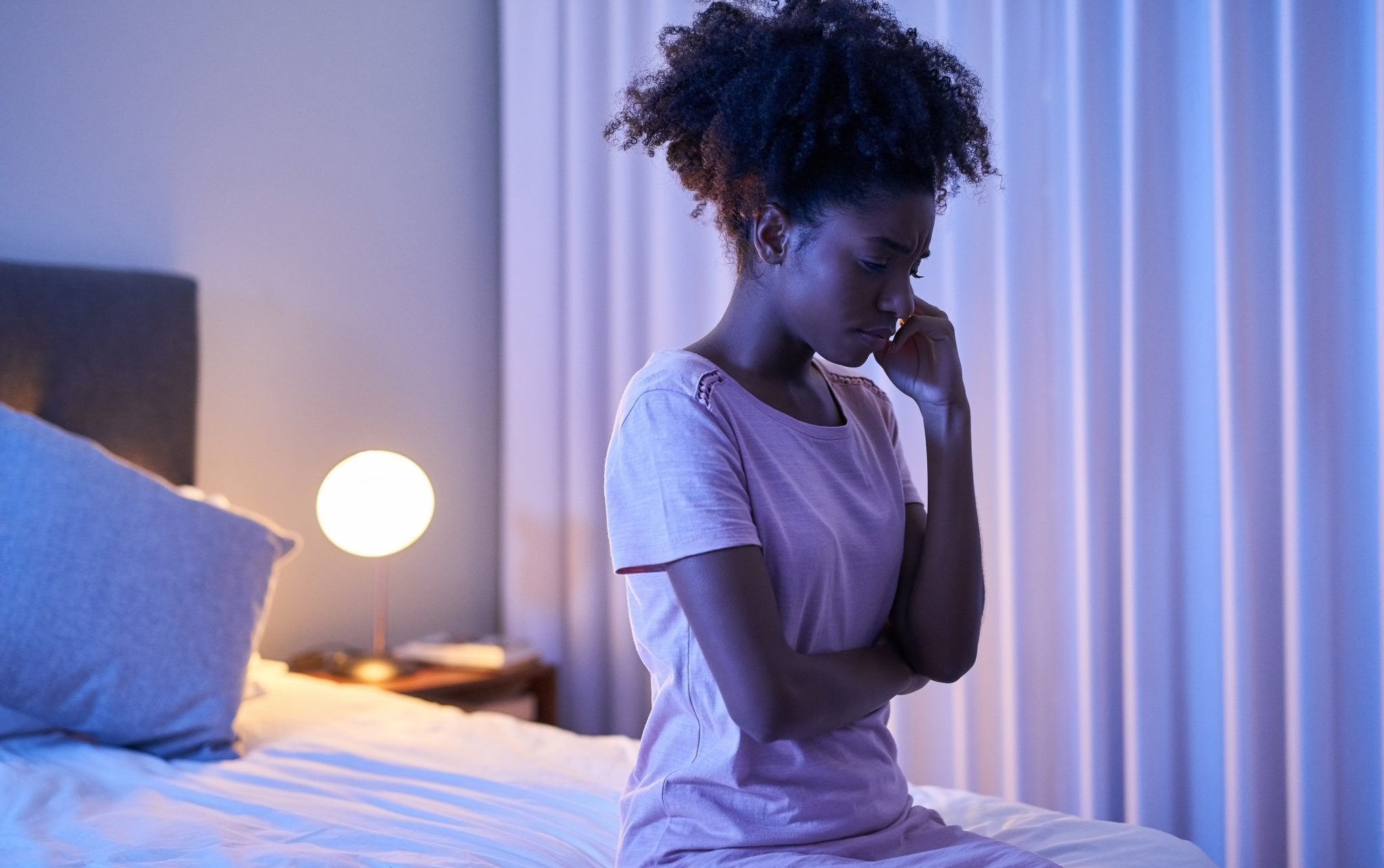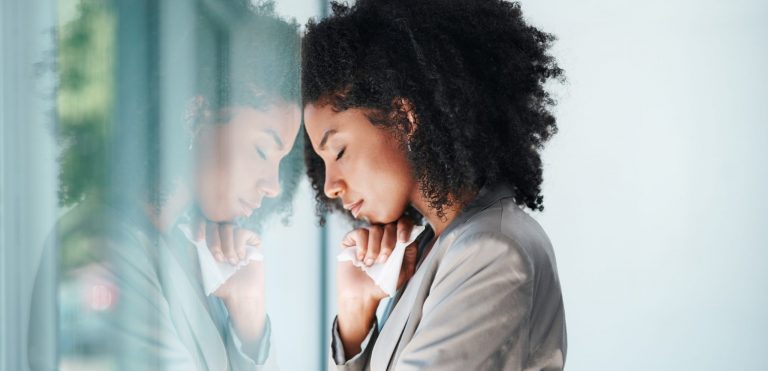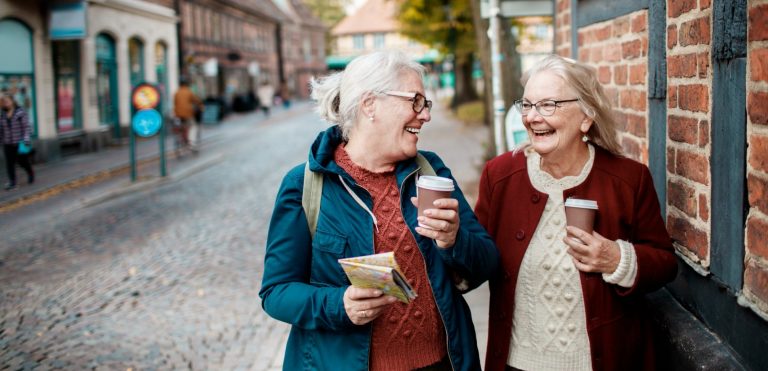Let's face it – 2020 has been a difficult year. Between lockdowns, anxiety over COVID-19, protests, economic instability, and so much more, it seems we haven't had the chance to take a breath and catch up with ourselves.
And now that the cold season has rolled around again, the second wave of coronavirus is here, and restrictions are partially back in place, you might be finding yourself feeling lower than usual – a massive case of the fall blues. You know? That unmotivated, uninspired feeling you get when the leaves fall, and the sun bids us farewell till next summer.
What are the fall blues, and why do we feel so low heading into the colder months? Let's take a look at what that end-of-summer-time-sadness really is all about.
What are the fall blues?
Fall blues are a feeling we may get as the weather turns colder, the leaves begin to fall, and it's clear that the winter months are approaching. If right now, you're feeling:
- Down and depressed
- Irritable
- Unaccomplished
- Lethargic
- Uninterested
- Anxious or worried
Then you could be experiencing the fall blues. No, you're not lazy. No, you're not abnormal. Yes, other people are feeling this way too.
So, why do the fall blues happen?
How is it that a change in the seasons affects our mood so much? Well, that's just one part of it. Here are some of the reasons that you might be experiencing a low mood right now.
Vitamin D
Otherwise known as the sunshine vitamin, this essential element has long been linked to a low mood and depression. In fall, the sunshine levels drop, which could well mean that you're not getting as much vitamin D as you're used to. Hence that less than ideal mood. Lack of vitamin D can also cause a variety of other symptoms. So, watch out for: aching bones, fatigues, or weak joints and muscles.
Falling serotonin
Known as your body's 'happy chemical,' serotonin helps regulate some of the body's major processes, stabilizes the mood, and creates those feelings of well-being. But what does this have to do with sunlight? One way the release of serotonin is triggered in the body is by daylight entering the retina (your eye). So, simply, the less sun you see, the worse you may feel.
Overall life changes
Fall is also often a time of change in our lives. Children go back to school. Schedules are adjusted. And even if we're not in that stage of our lives, we feel the effects from others. It's also often a time when people decide to make a change or implement a new diet or fitness program. Essentially, what this means is that while the seasons are changing, we are too, which can majorly impact our mood as changes can create anxiety.
What can you do if you're experiencing the fall blues?
Eat right
You are what you eat, and while no miracle diet can give you the perfect mood, it can help with how you're feeling. That's why it's vital you support your body and your immune system during the colder months with various healthy foods. These will help your body get the vitamins and minerals it needs. May we suggest starting with our warming soup recipes?
Get some exercise
It's hard to get out of bed and put your clothes on. We get it! That chill is hard to fight. But we promise once you're all wrapped up, ad on the go, things will seem so much better. Getting your daily ration of exercise is a great way to boost both your physical and mental health. Kicking your body into gear helps it release those feel-good hormones, which regulate your mood.
Make meditation a habit
They say that the mind is a powerful tool. Even if you don't think you have a lot of control over how you're feeling right now, you do! Using meditation techniques and mantras to reframe your outlook can help improve your mood.
Loss aversion theory is often applied in the financial sphere. It says that "losses loom larger than gains," what this means is that psychologically we are more likely to feel the pain from losses (such as the loss of the summer and potential) than the gains – the time we can spend in the cold months to recoup and recollect. Instead, it's time to stop and take the time to meditate and reframe fall as cozy, not cold.
These are just some of the causes behind that low mood you may be experiencing and what you can do about them. But could there be another explanation? Well, yes. Fall anxiety isn't a recognized mental health condition. SAD (seasonal affective disorder) is.
What's the difference between fall anxiety and SAD?
SAD is a mood disorder that often appears with the seasons' changing, most commonly in fall. It's characterized as a type of depression and usually lasts 4-5 months of the year, when the weather is at its worst.
What are some of the most common SAD symptoms?
If you have seasonal affective disorder, you may experience the following symptoms:
- Ongoing depression
- Changes in appetite or weight
- Issues sleeping
- Low energy
- Loss of interest in life
- Hopelessness or worthlessness
- Issues concentrating
- Suicidal ideation
- Social withdrawal
- Anxiety
If this sounds like you, you must see a doctor as soon as possible to get help. SAD is far more than the fall blues and requires treatment. That's why you must get help as quickly as possible.
What type of treatment is available for SAD?
Seasonal affective disorder is often treated similarly to many types of depression. Your individual treatment plan should be tailored to your specific needs and may include:
- Light therapy to boost your serotonin levels
- Psychotherapy to help you work through any issues that may be troubling you
- Anti-depressant medications, which helps combat any chemical causes for depression
- Vitamin D to ensure your body has the correct nutrient balance
- A combination of these methods is also possible to ensure complex treatment
Feeling low? What to do next?
If your low mood affects how you function, your work life, study, relationships, you need to get help. Trying to cope on your own isn't a good plan. Instead, confide in a trusted friend, family member, or even colleague who can support you, and get in touch with a doctor. And remember – you are not alone!

